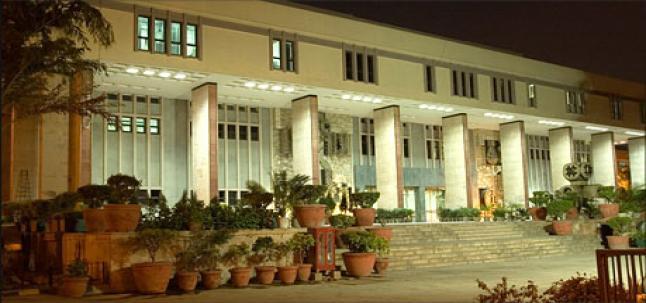Repair work of more than 9000 flats is stalled waiting for funds, High Court sought report from DUSIB
Jawaharlal Nehru National Urban Renewal Mission
(JnNURM) scheme was started in 2005. Under this, the repair and renovation work
of more than 9 thousand flats built in Delhi is stalled waiting for funds.
Delhi High Court has asked Delhi Urban Shelter Improvement Board (DUSIB) to
file a status report. In it, it has been directed to tell how much funds it
needs to complete this work and how much money has been released by the Delhi
government.
The bench of Chief Justice (nominated) Manmohan and
Justice Tushar Rao Gedela passed this order on September 27, when DUSIB told it
that funds are yet to be released by the Delhi government for the work related
to repair and renovation of flats. Requesting the court to postpone the
hearing, the board expressed hope that it should get this money before the next
hearing on October 29. After this, the court passed an order and directed to
submit a report in two weeks.
What did the High Court say?
The current case is related to the use of vacant flats
built in Delhi under JnNURM. The High Court found that DUSIB had committed to
allot 9,104 flats. Still, no one came forward to take those flats, as there
were no basic facilities like electricity, water, sewage. Why was there a delay
in building flats for the urban poor and why more than 9 thousand flats
constructed under this scheme remained vacant till date. The High Court had
directed DUSIB to ensure that it makes these flats habitable as soon as
possible as per the order of September 18, 2023. In compliance with the same
direction, the current situation was placed before the court. From which it is
clear that this time the delay in the work is due to the delay in releasing the
funds by the Delhi government.
The lawyer of DUSIB got the hearing postponed peacefully
on the ground that many such works were pending due to former Chief Minister
Arvind Kejriwal being in jail. Now after Atishi becomes the Chief Minister, the
pending works are expected to speed up.
What is the scheme and since when is it pending
The Delhi High Court had also admitted in its order of
September 18, 2023 that the Government of India started this scheme in 2005
with the aim of increasing urban infrastructure for the urban poor, providing
civic amenities to them and starting accountability in governance, but with
time the importance of the mission weakened. For example, the Central
Government approved the project related to the construction of 52,344 houses at
an estimated cost of Rs 2,415.82 crore and also deposited Rs 1,074.12 crore for
it by March 31, 2017. Despite this, a large number of houses were not built or
allotted.
The High Court observed that due to the lack of
consensus between the Center and Delhi on the Affordable Rental Housing Complex
Scheme implemented in 2020 under the Pradhan Mantri Awas Yojana and failure to
formulate a concise policy for allotment, 9,104 flats, which had already been
constructed, could not be used.

